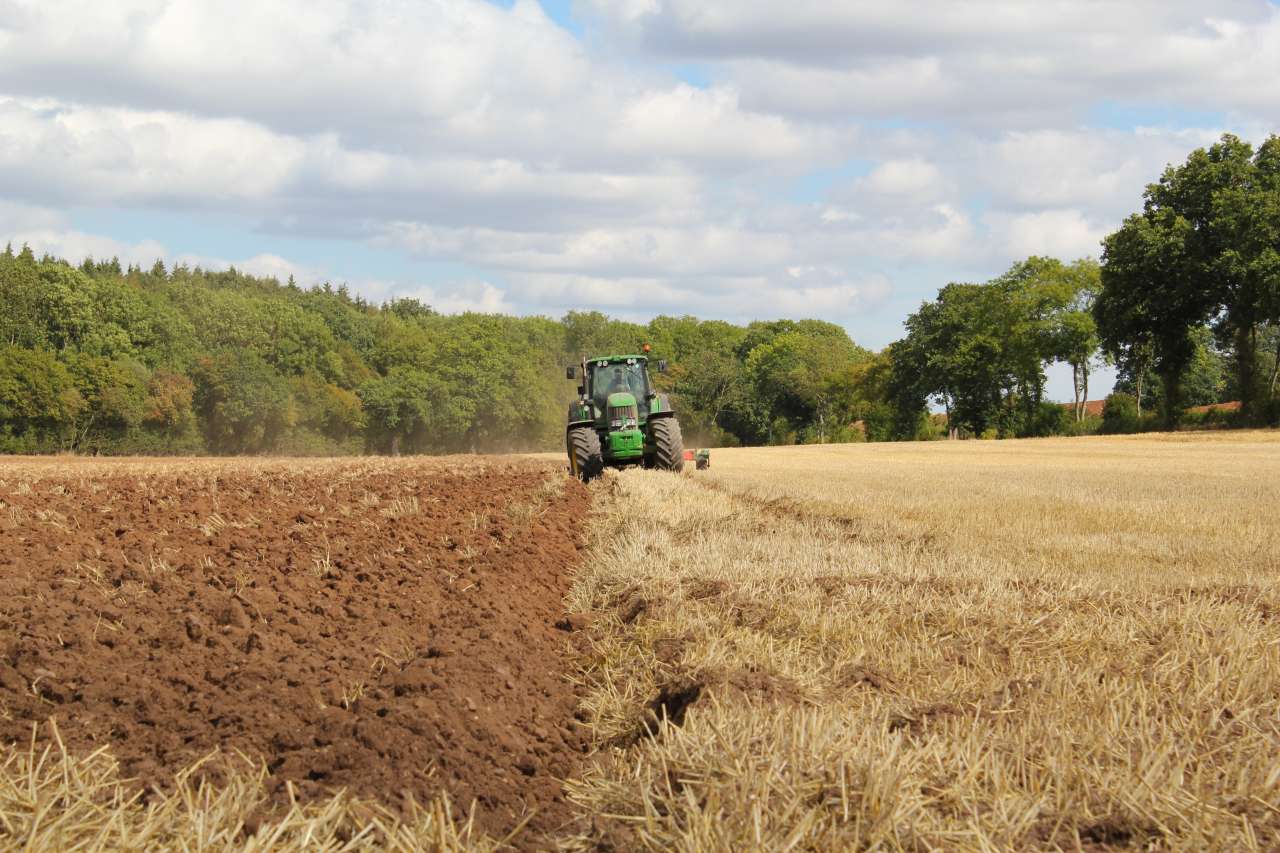Leasing options for tractor hire in the farming and agricultural sector
The farming and agricultural sector is an essential part of the economy. By now, there’s a wide range of new agricultural machinery and equipment that could help farmers work more efficiently. If you would like to invest in new assets, but don’t have enough capital to buy it outright, agricultural asset finance could help.
Get finance
With a big-ticket purchase coming down the line for agricultural machinery and equipment, it makes sense to compare the different funding options on the market. If you are thinking of buying new farming equipment, whether that is a tractor, biomass boiler, bailer, or anything else, you have a couple of different options to pay for the acquisition.
The primary methods are buying via an operating lease or a finance lease.
But what’s the difference between these two different methods?
What is a finance lease?
A finance lease is a type of commercial lease in which the legal owner of the asset — in this case, a tractor — rents the asset to the user of the tractor for an agreed-upon period.
When a lessee enters into this agreement, they have full operating control of the asset. They will have responsibility and assume the risks and rewards that come with owning the asset. For accounting purposes, the lease gives the lessee the same economic characteristics as if they had full ownership of the tractor.
The lessee will record the asset as a fixed asset on their balance sheet. In this situation, the lessee will record the interest of the lease payment as an expense.
The lessor charges rent in exchange for lending the asset. The lessor retains ownership of the asset but the lessee gains exclusive use of the asset (providing they abide by the terms of the lease).
The lessee is obliged to make rental payments that cover the original cost of the asset. There is an obligation to pay all of the fixed rental amounts, sometimes including a percentage of the purchase price of the vehicle at the end of the contract.
Benefits of a finance lease
Advantages of lease financing
Better for cash flow
Lower monthly payments over a set period
Tax benefits
Fast turnaround time
Conserve your capital (spread the cost)
Avoid technological obsolescence and anticipate the transition to renewable energy
Assist business growth
Let the equipment pay for itself
The customer is committed to paying fixed rental repayments over this period and, technically, a finance lease is defined as non-cancellable, though, it may be possible to terminate the contract early if both parties agree.
What is an operating lease?
An operating lease in contrast is the simplest form of equipment leasing, where the customer doesn't take on the risks and rewards that come with owning the asset (such as maintenance costs). An operating lease or contract hire is a way of renting an asset for your business over a short or medium timeframe without taking on any risk. With an operating lease, you can get a tractor hire over a fixed term, with lower monthly payments and without the commitment of ownership.
Benefits of an operating lease
Small upfront investment - Easy access to your new tractor without a hefty initial payment
Freedom - full use of the asset without needing to own it
Flexibility - option to rent again, buy it outright or return the asset at the end of the term
Pay less - rental cost is reduced as it is based on a percentage of the original capital cost
Off-balance sheet financing is regulated by the financial conduct authority
Reduce costs - reclaim VAT on rentals
Agricultural asset finance
While tractors are one of the most widely purchased vehicles in the farming and agricultural sector, there's a wide range of agricultural asset finance on the market. Asset finance can help you lease, purchase or refinance a wide range of machinery, including:
Arable equipment and machinery — tractors, tillers, rollers, ploughs, harrows
Soil machinery — cultivators, ridgers, chisel ploughs
Planting machinery — broadcast seeders, spreaders, reapers
Hay balers and bailing equipment
Loader equipment — trailers, trucks, conveyor belts, telehandlers
Fertilising equipment and spreaders — manure spreaders, muck spreaders, silage
Harvesters and produce sorting equipment
Dairy machinery such as milking equipment
If you are considering purchasing new farm equipment and need help choosing the right agricultural asset finance for your business, we are happy to advise you.
Asset Finance - Tractor Hire and Agriculture
Check your eligibility with our online form without affecting your credit score.
Get asset finance